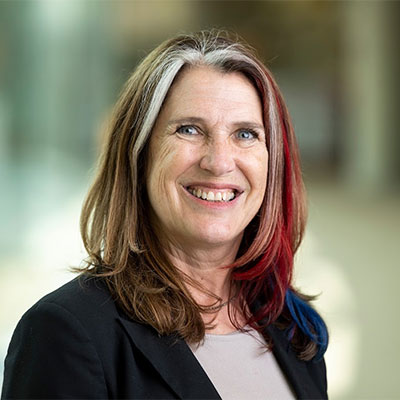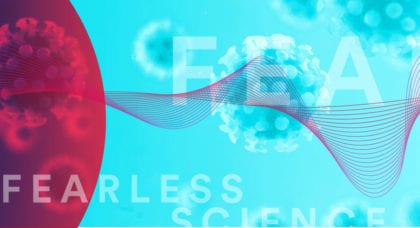Emerging areas of science and technology — such as new-generation vaccines, artificial intelligence or genome editing — are complex topics that raise many ethical, social, and legal questions. These issues require a good-faith exchange of ideas between science and the public, especially when misinformation and polarization threaten to erode that faith.
The Morgridge Institute for Research has made scientific engagement part of its mission, with programs that connect the societal benefits of research to thousands of people annually. UW–Madison also is home to the Department of Life Sciences Communication, which has long been an internationally recognized hub for studying the relationship between science and society.
In 2022, these two organizations launched a unique collaboration to connect the worlds of science communication theory and practice. Science Communication Incubator Lab (SCI Lab) provides a one-of-a-kind test bed for science communication practitioners and researchers to collaborate and jointly experiment with new ideas in public science engagement — informed by cutting-edge social scientific thinking and supported by robust approaches to assessing impact.
Why Wisconsin?
The State of Wisconsin is a perfect bellwether for many of the social and political dynamics surrounding modern science. Home to premier research universities, including UW–Madison, it has also seen fierce political battles over technologies like tissue engineering, nanotechnology, and embryonic stem cell research. Given Wisconsin’s long history as a “purple” state, representing a wide range of views across the political spectrum, it provides a perfect context for piloting and testing scalable models for communicating science that draw from many viewpoints and backgrounds.




